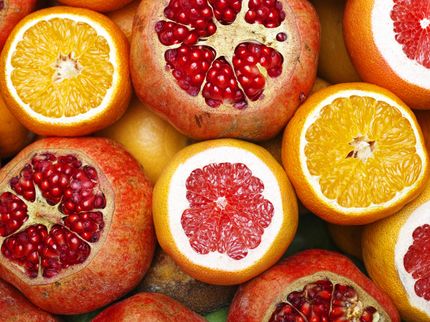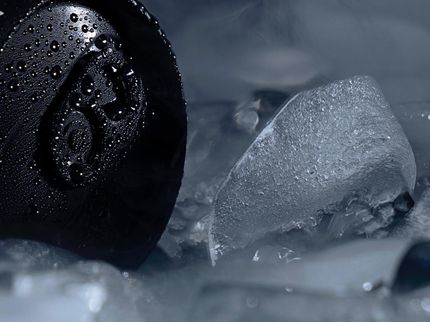Collagen gives a boost to functional juice
Advertisement
collagen is the protein that makes up around 75% of human skin and is key to its structure and elasticity. As people reach adulthood, collagen production in the body gradually declines, which is why collagen fillers have today become a common feature in the cosmetic industry.
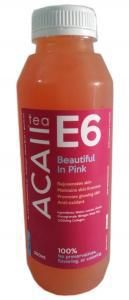
Acaii Elixir Line E6 Beautiful in Pink Tea Drink, Indonesia This Indonesian product contains 3,000mg of collagen. It is said to rejuvenate the skin, maintain its firmness and promote a glowing skin.
Mintel
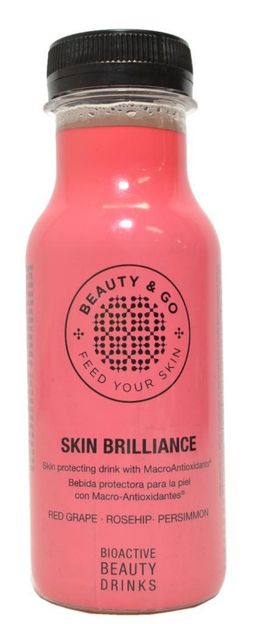
Beauty & Go Skin Brilliance Bioactive Beauty Drink, UK This UK product is described as a skin-protecting juice-based bioactive drink enriched with MacroAntioxidants, collagen and hyaluronic acid.
Mintel
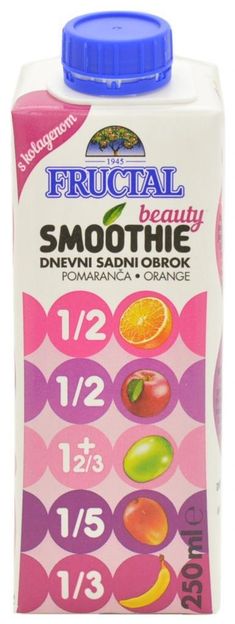
Fructal Beauty Orange Smoothie with Collagen, Croatia Launched in Croatia, this drink features a fruit content of 99.5%, contains added collagen and is a source of vitamin C.
Mintel



While collagen is widely known as an important factor in stimulating skin repair, there is no solid scientific evidence of additional health benefits derived from consuming it in food and drink products. Legislation around product claims remains a big challenge for food and drink brands as there is currently no approval for skin-improving claims related to collagen-enhanced foods.
Follow collagen juice travels from East to West
Tapping into Mintel’s 2016 Global Food and Drink Trend ‘From the Inside Out,’ connecting diet to appearance is a well-established concept in Asia. In many Asian countries, like Japan, collagen has been used as an ingredient in foods and beverages for many years, touted for its supposed positive effects on skin health.
While Asia-Pacific dominates global collagen-enriched juice innovation, Europe has seen a rise in its share of launches in the past year and Latin America is close behind as the third most active region. Now, the ingestible collagen craze appears is catching on in the US markets, with juice drinks playing a central role in product innovation. Overall, the segment is still niche, accounting for less than 1% of total global juice drink introductions.
Backup added collagen with vitamin C
Despite the lack of compelling evidence that links added collagen to skin-improving benefits, there is a backdoor for brands to substantiate their products’ beauty positioning, namely in the form of vitamin C. The antioxidant properties of vitamin C and its role in collagen synthesis make vitamin C a vital molecule for skin health. EFSA has given approval to the claim that vitamin C contributes to normal collagen formation as well as normal functioning of blood vessels, bones, cartilage and skin.
A number of beauty juice drinks on the market, particularly in Europe, where legislation around the use of non-validated claims is a challenge, keep on the safe side by leveraging the combination of both added collagen and vitamin C.
What we think
In the name of beauty from within, collagen-enriched juice drinks have traveled from the East to the West, offering brands a new path to explore in the functional beverages space. In order to make solid skin-benefit claims, brands should leverage their products’ vitamin C content. Protein-rich juices have also been gaining traction in the market for a number of years, addressing modern consumers’ demand for naturally functional products. In this currently niche area, it is key for juice brands to make collagen part of a wider, compelling health positioning, focusing on high-protein and additional functional benefits.



